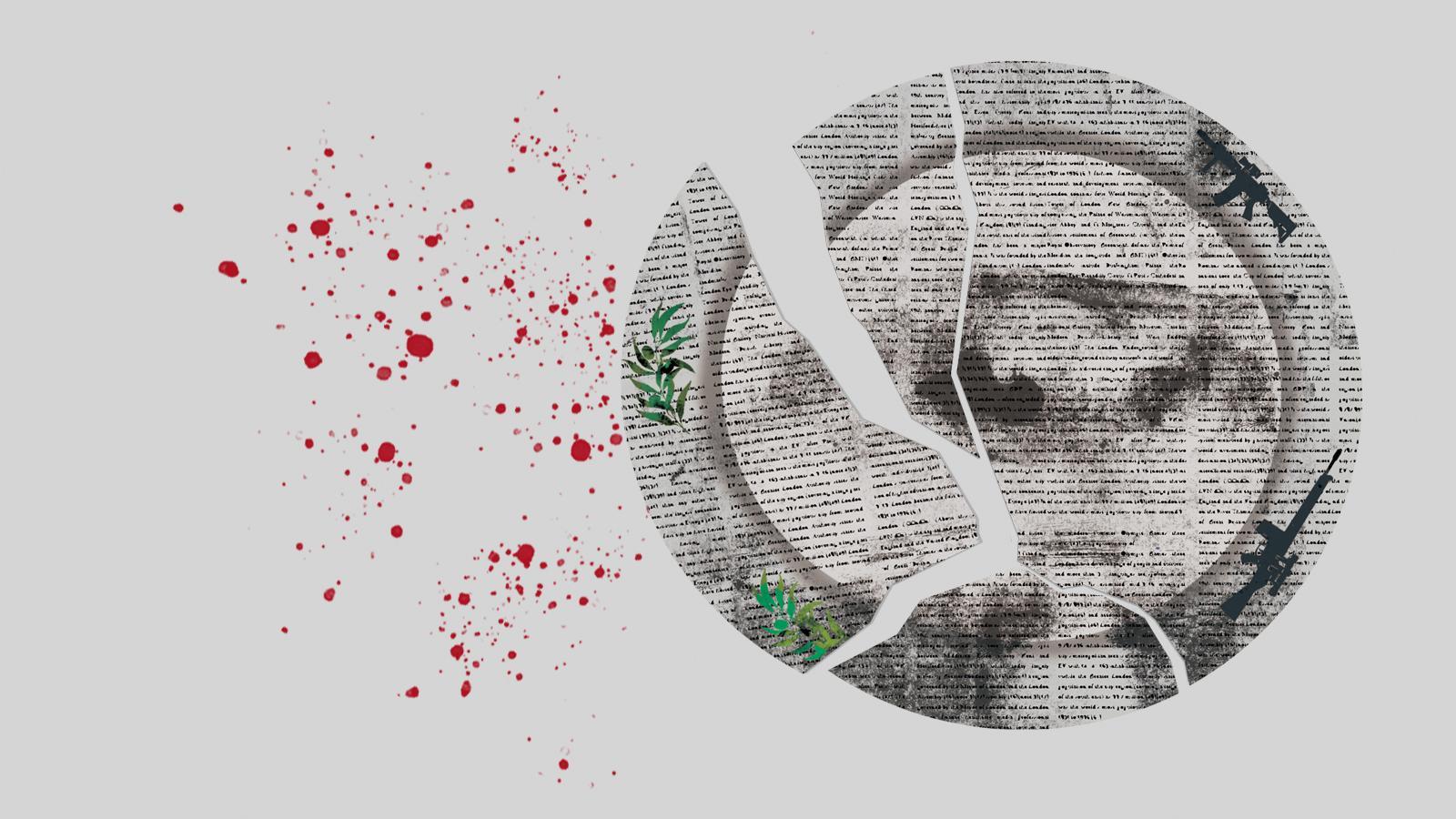

It's hard to accept frustration at the ongoing spectacle of death and terror in Gaza. Thousands of people die every day, victims of the uncontrolled violence of Benjamin Netanyahu's Israeli regime. The cries of despair, the bombings, the snipers targeting food lines, the bodies destroyed by explosions or turned into specters, into ghosts, by hunger. Images of genocide continue to unfold while the international community watches helplessly, unable to stop the horror.
While the civilian population is being massacred, the international community's words of condemnation are diluted in a bureaucratic process that prevents the true horror unfolding in Gaza from assuming the moral weight it needs to put an end to it.
Symbolic sanctions, angry condemnations, and emergency meetings at the United Nations are reduced to empty words, incapable of halting the chaos and destructive drive of a Netanyahu who, from his position of corrupt power, symbolizes the impunity of war without rules. The pain of the civilian population dying in Gaza has become a mere fact, a tragic statistic on a global stage that doesn't know how to confront the humanitarian tragedy that this conflict has become.
For many, the concentration camps during the Holocaust represented the most extreme form of dehumanization that history has known so far. But their shadow extends to this day.
Primo Levi, who survived the horror of Auschwitz, left us with a reflection that remains valid: "Horror is an act of man, not of nature." From their experience, we should have learned that evil, violence, and dehumanization are not impersonal forces that come from outside, but a human creation. Evil is conceived, cultivated, nurtured, and often systematized by individuals who, in many cases, are merely following orders, completely disconnected from their conscience. Just as the Nazis reduced victims to numbers and bureaucratic processes, we also see how Palestinians become instruments of a structural violence that makes them disappear as individuals, as people.
Hannah Arendt, in her book The origins of totalitarianism, approached this phenomenon through the notion of the "banality of evil." It was through examining the case of Adolf Eichmann, one of those responsible for the Holocaust, that she proposed that evil is not always presented as a monstrous and malevolent figure. On the contrary, it often lurks in "normal," bureaucratic, frightened individuals who merely follow orders without questioning the morality of their actions. As Arendt wrote, "The banality of evil is the concept that allows us to understand how seemingly normal people can engage in terrible acts." This reflection is a timely warning: evil is not always visible as explicit barbarism; it is often concealed under the guise of impartial administration, of false "security," of a fight against anti-Semitism.
In this context, it is essential to remember that, even in the cruelest moments of war, there are rules. The Geneva Conventions, ignored today, were designed precisely to protect civilians and set limits on barbarism. The protection of non-combatants, the prohibition of certain weapons, and the creation of humanitarian spaces attempt to prevent war from descending into pure, unchecked destruction. But when these rules become a dead letter, when the distinction between combatants and civilians disappears, war becomes a space where dehumanization prevails. Gaza is an example of indiscriminate violence, without legal or moral restrictions.
War without rules and without journalists renders the victims invisible. The dead in Gaza have no name, no profession, no sex, and no age. In fact, some haven't even been born yet.
"What happened was, first of all, the destruction of the human sphere," Arendt wrote, referring to the processes of dehumanization that characterize totalitarian regimes. In the case of Gaza, violence is presented as a necessity, a legitimate response, even if the consequences for human lives are terrible. This is precisely the banality of evil: the belief that destroying the other, denying them humanity, is a necessary and even justifiable action.
The challenge that history poses to us is to take responsibility, for the first time, for this systematic evil. We human beings have the power to choose between compassion and indifference, between humanization and dehumanization. If the past teaches us anything, it is that evil is not inevitable, but a choice.
Faced with this, our duty is to remember, to resist, and not fall into the banality of evil, into the comfortable indifference that allows us to continue with our lives. The images of hunger and pain in Gaza, like the horrors of the concentration camps, are an urgent cry to our conscience. It is time to wake up, denounce, and stop the dehumanization. Netanyahu needs our silence, our indifference, our moral decay.
